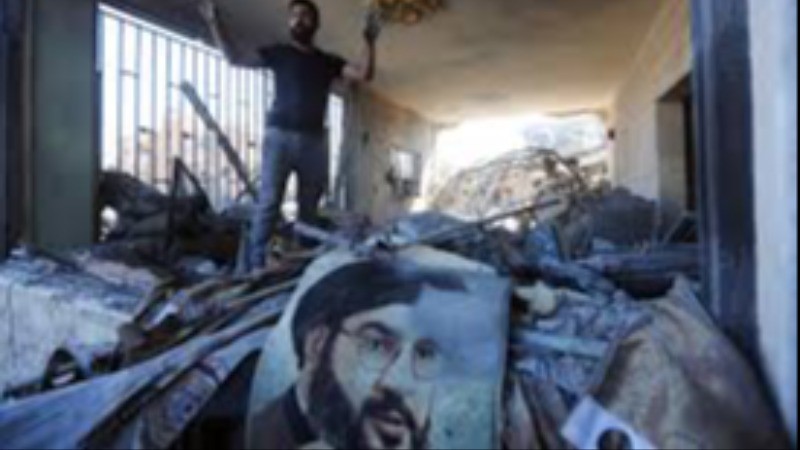
Israel has confirmed the killing of another senior Hezbollah commander, Muhammad Hussein Srour, who led Hezbollah's Aerial Command, in a targeted attack in Beirut on Thursday. The strike occurred in the Dahieh area and resulted in at least two fatalities and 15 injuries, as reported by the Lebanese Ministry of Health. Hezbollah has not yet responded to the news of Srour's death.
This incident follows statements from Israeli Prime Minister Benjamin Netanyahu, who emphasized that Israel will "continue the fighting with full force." Earlier in the day, a separate Israeli strike on a building near the Syrian-Lebanese border killed at least 23 people, including 19 Syrian refugees, and left several others injured.
Since Monday, nearly 700 individuals have lost their lives in Israeli operations across Lebanon, according to health officials. These attacks intensified following the recent explosion of communication devices throughout the country.
Netanyahu has rejected proposals for a cease-fire, despite discussions led by the U.S. and France aimed at establishing a 21-day halt to hostilities. He reaffirmed that military actions in Gaza would persist until Israel achieves its objectives.
During his return from the U.N. General Assembly, President Biden highlighted the significant support Israel has garnered from Europe and Arab nations, stressing the need to prevent the conflict from escalating further.
The Israeli Ministry of Defense has secured an $8.7 billion military aid package from the U.S. This package includes $3.5 billion for urgent wartime purchases and $5.2 billion earmarked for air defense systems.
Israel has stated that its actions against Hezbollah aim to facilitate the return of residents to the northern regions of the country. Amid these rising tensions, Iran has warned that it will not remain passive if a large-scale war erupts in Lebanon. Iranian Foreign Minister Abbas Araqchi cautioned that Israel's actions would have consequences and urged the U.N. Security Council to intervene and enforce an immediate cease-fire.
Araqchi emphasized that the pathway to de-escalation involves halting attacks on both Gaza and Lebanon, warning that without peace in Gaza, stability in the region remains uncertain. He also declared Iran's solidarity with the people of Lebanon.
Taiwanese Company Investigated Over Exploding Pagers Linked to Hezbollah Incident
Pope Francis Condemns Airstrikes on Lebanon, Urges Peace Efforts
How Is the International Community Responding to the Rising Tensions in Lebanon?